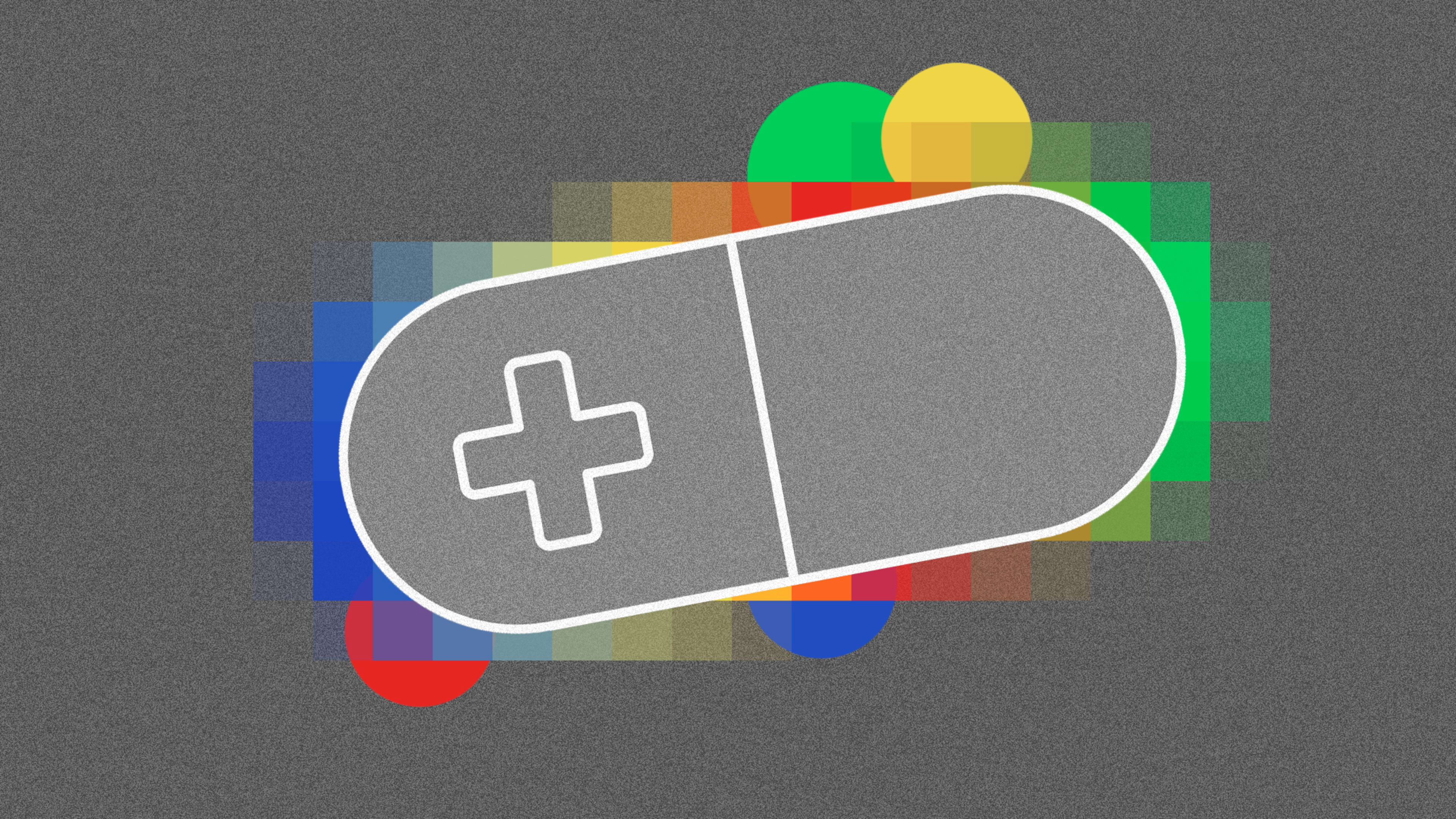Google on Tuesday announced a number of new AI-focused healthcare partnerships during its annual health event, The Check Up.
The search giant has devoted a lot of attention and money to healthcare in recent years, hoping it can integrate deeper into the growing space. Google said Tuesday its large language model, Med-PaLM 2, now gives expert-level answers on queries posed by healthcare professionals and patients. (Previously, the model scored around 70% on such answers, Google said.)
Google also announced a number of new partnerships to tackle global health issues. The company is working with nonprofit Right to Care to make AI-powered tuberculosis screenings widely available across Sub-Saharan Africa. The agency has committed to donating 100,000 free AI-powered TB screenings during their work with Google.
In addition, it’s investing in AI models that can help acquire and interpret ultrasound images to identify things like gestational age in pregnant people and early detection of breast cancer. Google is partnering with Jacaranda Health, a Kenya-based nonprofit, to research how artificial intelligence can support ultrasounds for pregnant women. In Taiwan, it’s working with Chang Cung Memorial Hospital in an effort to use ultrasound as a way to detect breast cancer.
“I think it would be hubris to imagine any one group tackling challenges like these independently, and I really think it’s about sets of organizations coming together and bringing what they have to the table in order to realize these benefits,” Greg Corrado, head of Health AI, said in a briefing with reporters.
Within the U.S., Google has been working with the Mayo Clinic to see how AI can support radiotherapy. The cancer treatment requires a planning process called “contouring,” which has clinicians draw lines to CT scans to separate the areas of cancer from healthy tissues that could be damaged during treatment. Now, Google is readying to publish research about its findings, and is formalizing a new agreement with the hospital system to “explore further research, model development and commercialization,” the company said.
“We’ve been incredibly excited about what it’s been like to work with them, bringing together expertise, both from the healthcare side, and from the artificial intelligence side, to build a system that’s really useful for practical purposes,” Corrado added.
Along with its AI efforts, Google is also making Medicaid re-enrollment information easier to find on Search, since a pandemic-induced pause on re-enrolling is set to expire this month. It will also surface community health centers that offer free or low-cost care.
Recognize your brand’s excellence by applying to this year’s Brands That Matter Awards before the early-rate deadline, May 3.
